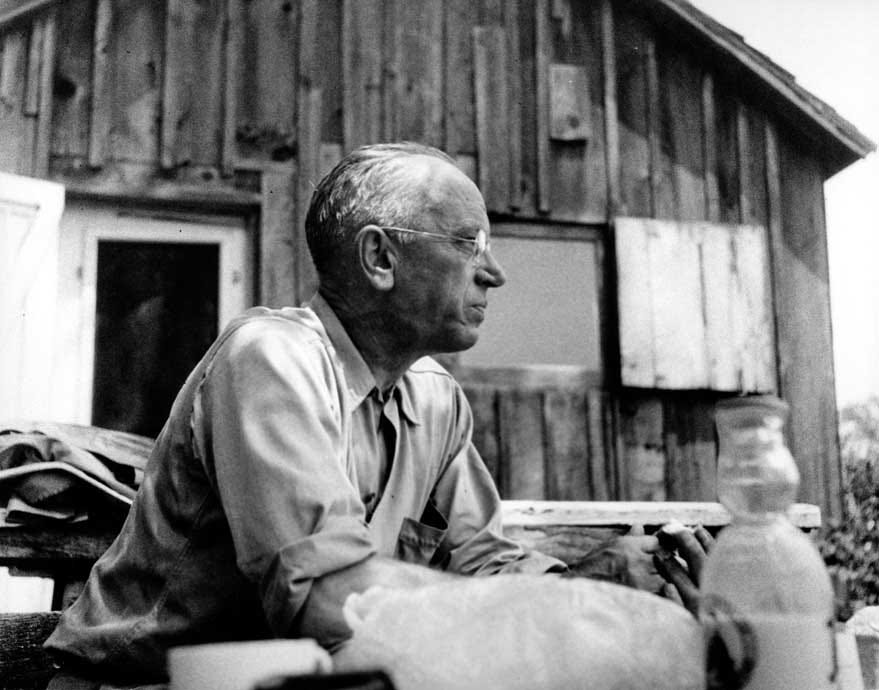Aldo Leopold's Radical Idea: Why the Land Needs Ethics Now
Leopold's Journey: From "The Shack" to a Land Ethic
Aldo Leopold, a name synonymous with conservation, offered a radical idea that challenges our fundamental relationship with the natural world. His journey, deeply rooted in personal experience and observation, began with his work at "The Shack," a dilapidated farm he and his family painstakingly restored. This experience laid the groundwork for his groundbreaking concept: the Land Ethic. It wasn't just about preserving nature; it was about establishing an ethical framework that included the land itself.
A pivotal moment in Leopold's thinking occurred when he witnessed the "fierce green fire" fade in a wolf's eyes. This experience, documented in his seminal work, *A Sand County Almanac*, revealed the interconnectedness of ecosystems and the devastating consequences of human interference. It underscored the need for a more holistic perspective, a perspective that would form the basis of his Land Ethic.
Expanding Ethics: The Biotic Community
Leopold's core argument revolves around expanding the scope of ethics. Traditionally, ethics have primarily concerned themselves with the relationships between humans. He proposed extending ethical consideration to the entire "biotic community," encompassing soils, waters, plants, and animals – the very fabric of the ecosystems that sustain us. This is the heart of the Land Ethic: the moral obligation to protect the integrity, stability, and beauty of the land.
Modern Relevance: Echoes of Yesterday's Warnings
Leopold's warnings, penned decades ago, resonate with startling clarity in today's world. Climate change, biodiversity loss, and widespread pollution are stark reminders of our failure to heed his call. We continue to treat the land as a commodity, a resource to be exploited, rather than a community to which we belong. Have we truly learned to "think like a mountain," as Leopold urged, understanding the long-term consequences of our actions? The answer, sadly, is often no.
This video (
offers a deeper dive into Leopold's ideas.
The Ecological Conscience: Cultivating Responsibility
So, what's the solution? Leopold proposed cultivating an "ecological conscience," an internalized sense of responsibility towards the land. This is not a set of rules, but a way of thinking, a way of being. It's fostered through experience, observation, and education. It involves a shift from viewing nature as "property" to seeing ourselves as "plain members and citizens" of the land community. It requires us to consider the long-term health of the land in every decision we make.
Broader Implications: Becoming Earth Citizens
Imagine a society guided by the Land Ethic. What would it look like? It would require a profound cultural shift, a re-evaluation of our values, and a willingness to embrace a more sustainable way of life. We would need to move beyond short-term economic gains and prioritize the long-term health of the planet.
"We abuse land because we see it as a commodity belonging to us. When we see land as a community to which we belong, we may begin to use it with love and respect." - Aldo Leopold
Leopold's work is not just about environmentalism; it’s about philosophy, about the motivation for change, about self-awareness of our impact, and about our growth towards a more sustainable future. It challenges us to see ourselves not as conquerors of the land, but as members of a complex and interconnected web of life. Reflect on what being an "Earth citizen" means to you, and share your thoughts.



